

.jpg)
Nearly thirty authors paint a diverse picture in the 500 pages of ‘Evangelicalism in Europe’ (Langham 2025), illustrating the presence of Christian faith communities in countries as diverse as Sweden, Romania, the United Kingdom, or Portugal.
Tariffs, the dangerous real impact of ‘fakes’, the new Pope, statistics on the growth of evangelicals... And Trump. Here are the most read articles from Evangelical Focus in 2025.
.png)
Evangelicals in the media, collaboration in the Balkans, growing church attendance in Western Europe, Christians in Ukraine... Here are ten topics we covered in depth in 2025.

Rosalía’s new album (‘Lux’, 2025) leaves us with some lessons worth treasuring. One is that not everything that sounds spiritual is truly holy, but that all art that seeks the divine is an opportunity to point to the true light.
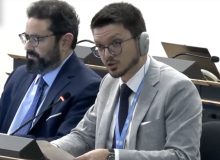
The World Evangelical Alliance urges Turkey “to engage in structured dialogue wit Protestants” and warns of the growing hate speech against Christians.
.png)
The World Evangelical Alliance asks the Spanish government in Geneva to definitively confirm the restitution to pastors who were left without pensions so as to “reaffirm its credibility” before the Human Rights Council.
.jpg)
A distinguished scholar shows how responses to secularism must depend on the culture.
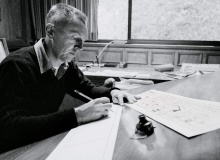
Snoopy has become a popular culture icon. His author, Charles Schulz (1922-2000) had an interesting relationship with evangelical faith.
.png)
The sea is not merely a backdrop: it is the embodiment of what is beyond our control, of what we do not understand, and therefore, of what terrifies us most.
.jpg)
A prominent Roman Catholic theologian, Matthew Levering, recently wrote a book entitled 'Why I Am Roman Catholic' (2024). Defending why and why not one is Roman Catholic or Protestant is becoming a literary genre in itself.

Austin has a medical condition marked by extreme brittleness of the long bones and a bluish colour of the whites of the eyes. He has also inherited Autism, probably from his father.
.jpg)
The movie only anticipates some outcomes that are consonant with respect to the “catholic” (inclusive, all-embracing) direction that Jorge Bergoglio imprinted on the Roman Catholic Church.
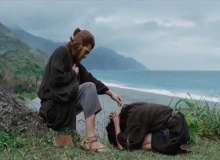
Silence in the midst of suffering is not a judgment of condemnation, but a purification of faith.
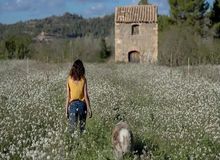
Pilar Palomero's films reflect a deep longing for answers to life's big questions, but her melancholic approach stays in the search, without reaching a conclusion.

It is curious how cinema dialogues with time. Francis Ford Coppola’s film is about the future, yes, but it has its roots in a work written more than two thousand years ago.
.jpg)
In The Rings of Power it is not clear where the evil comes from. A much deeper presentation of the problem than the classic pagan vision of an eternal, impersonal force that simply exists to oppose good.
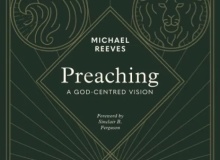
The goal of preaching, theologically, is not just to learn about God, but to encounter Him, to enjoy Him, and be united to Him.

A Thomist answer and a preliminary evangelical critique.
When we assess evil, we always take the position of the judge who observes what is happening. Our problem is that our criteria are always flawed.
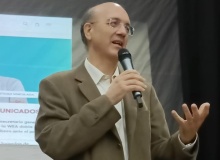
The public image of Spain is damaged by the lack of response to the discrimination of pastors without a pension, explains the secretary general of the Spanish Evangelical Alliance.

We can allow a certain amount of loathing, as the author of Ecclesiastes did, but we must always progress towards hope.

Cass opens up the space for some fascinating missional conversations about dignity, care, respect, bodies and reality, deep discussions on what it means to be human.
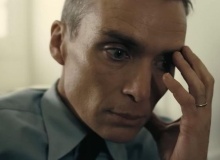
We are finally witnessing a complex and adult work, which cannot be reduced to the simplistic schemes to which victimhood seems to have condemned us lately.

David Fincher's film showed us the reality of life in a broken world, where we can neither be known, nor fully forgiven. Only supernatural work will do that.
.jpg)
What the recent films ‘Anatomy Of A Fall’, ‘The Zone Of Interest’ and ‘Fallen Leaves’ tell us about marriage.

Las opiniones vertidas por nuestros colaboradores se realizan a nivel personal, pudiendo coincidir o no con la postura de la dirección de Protestante Digital.